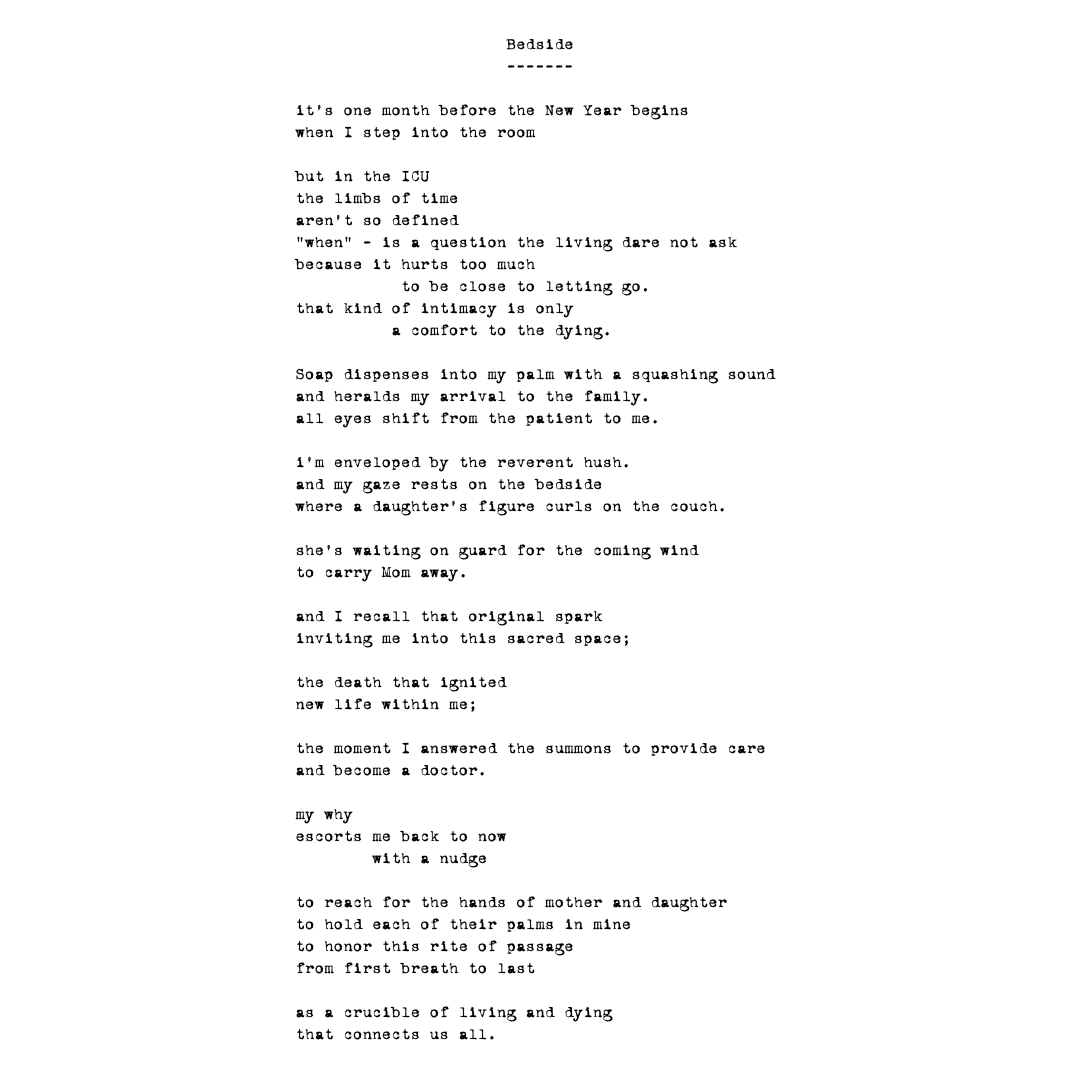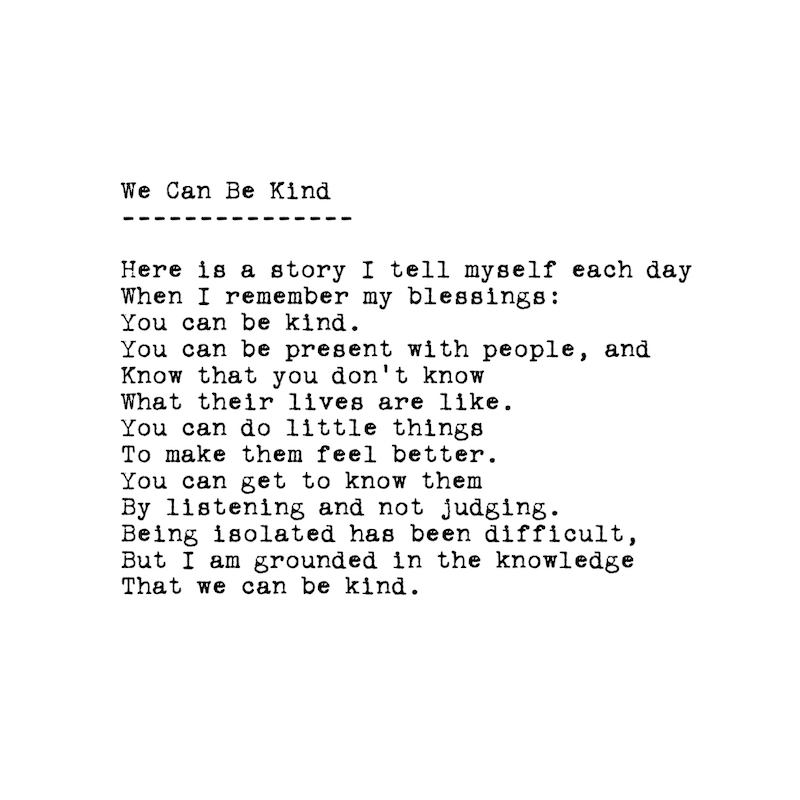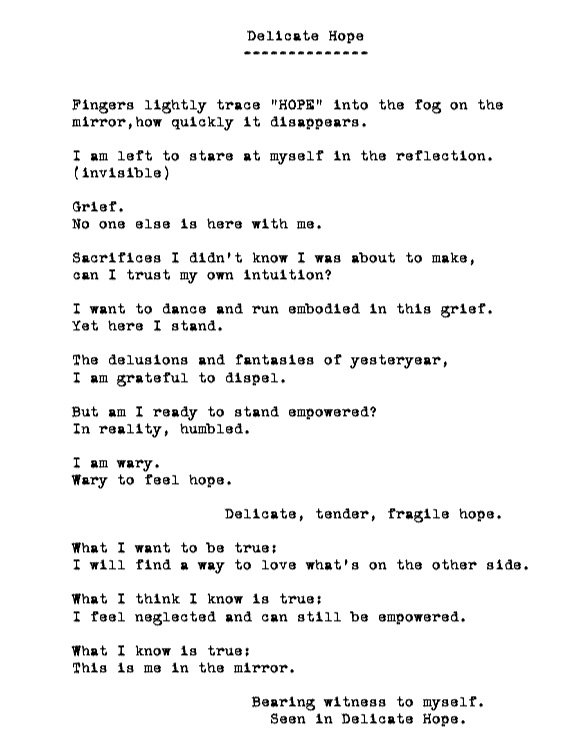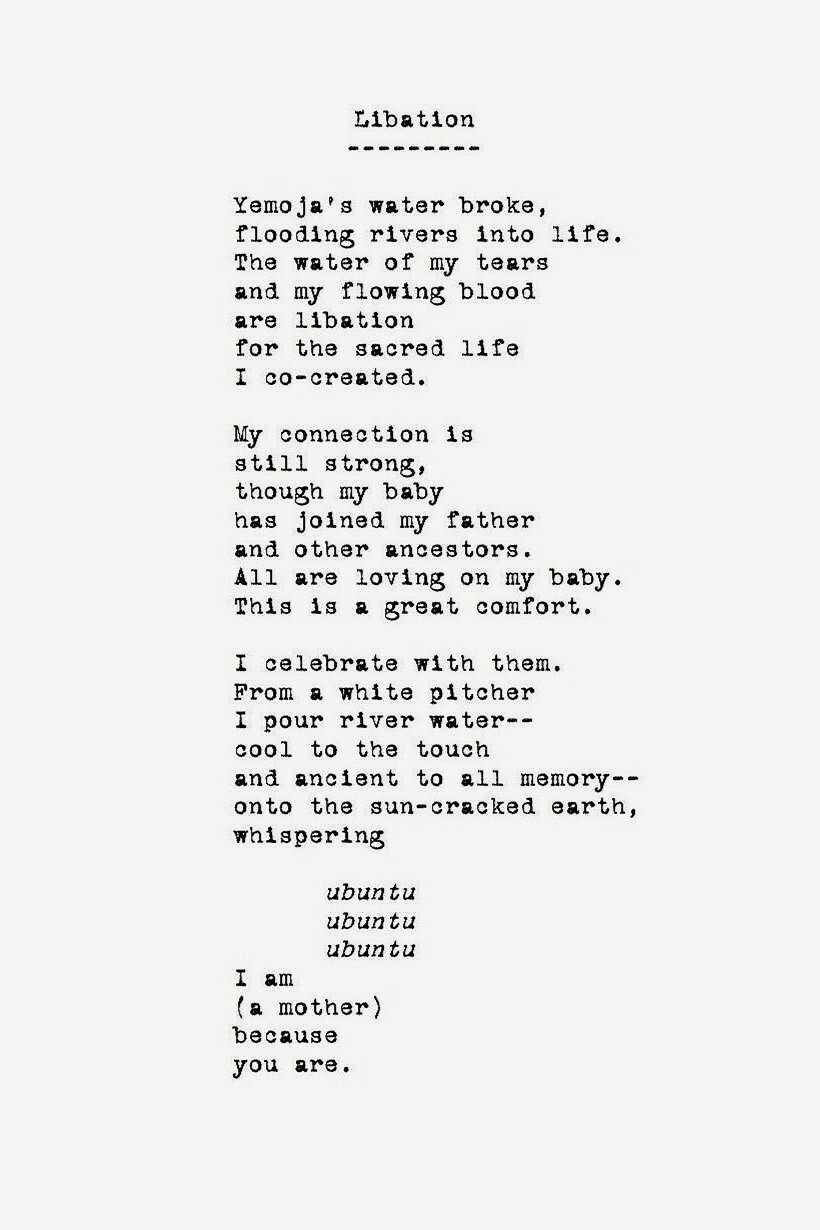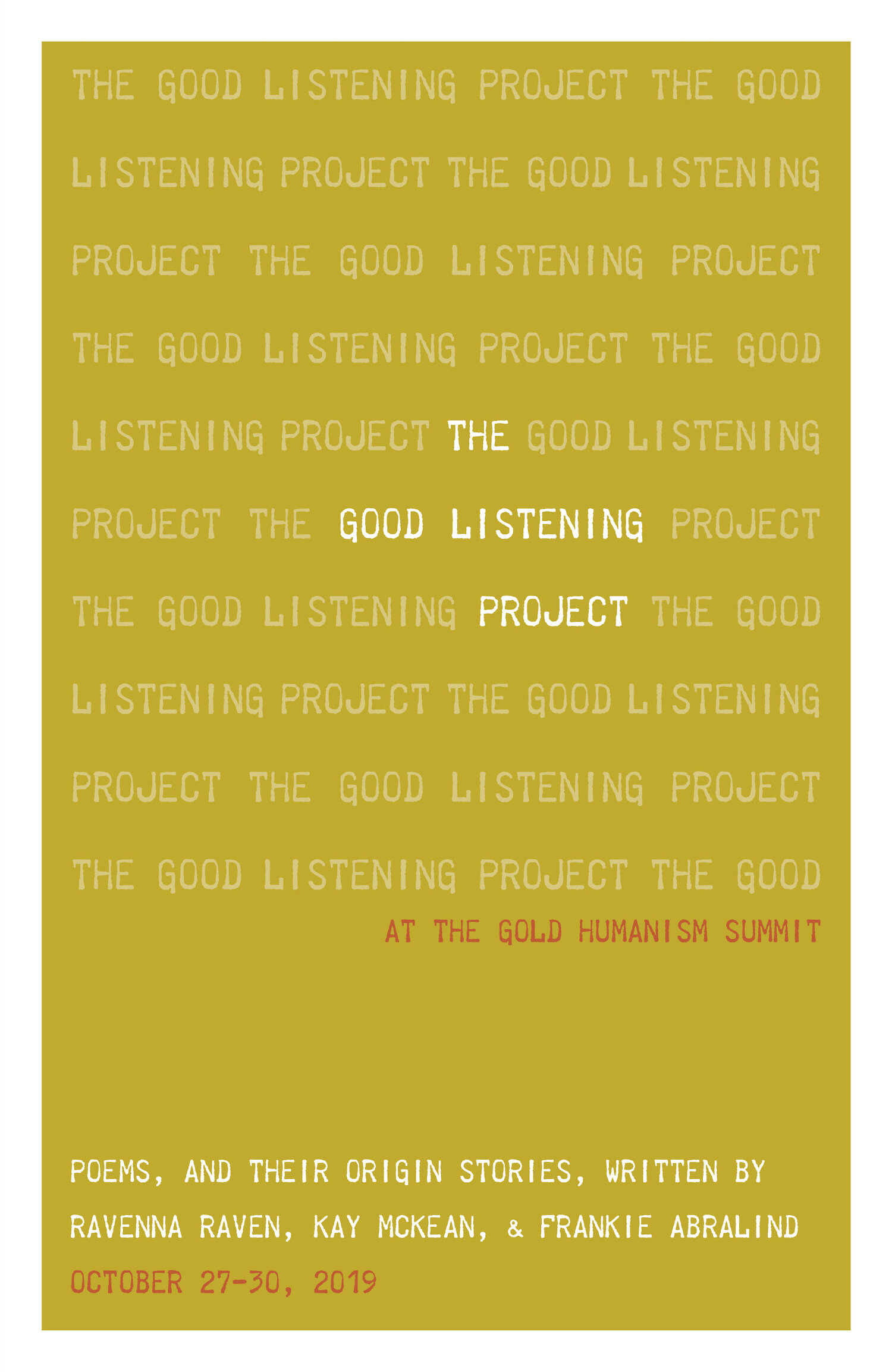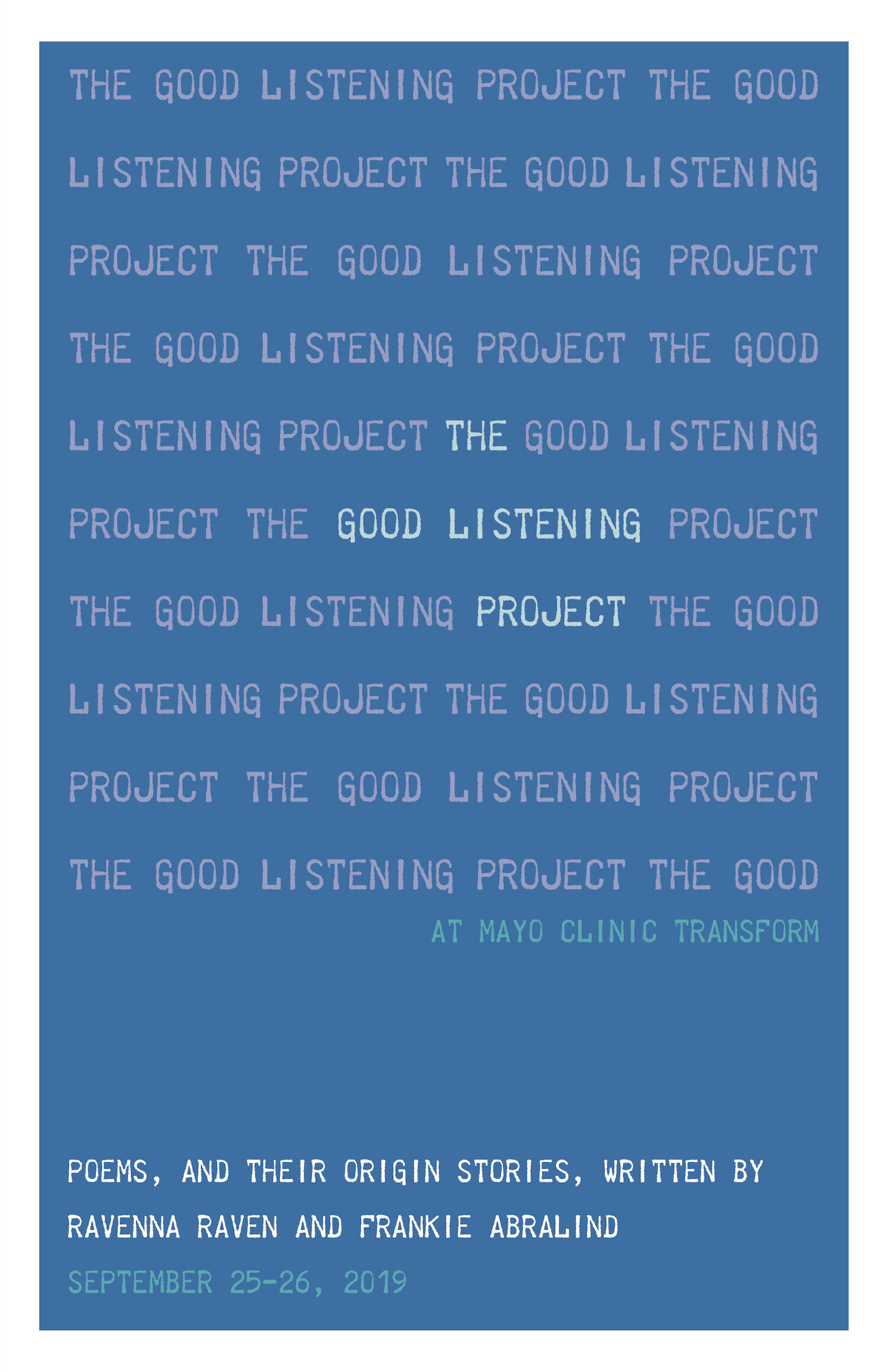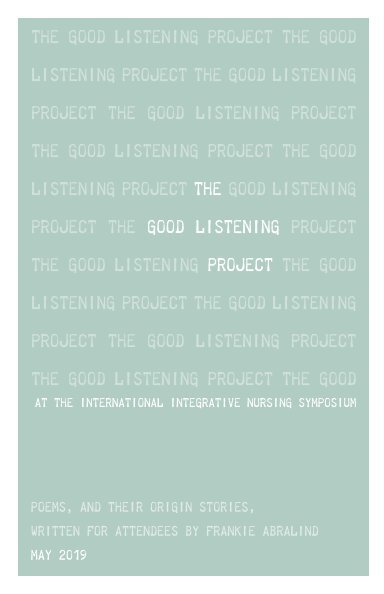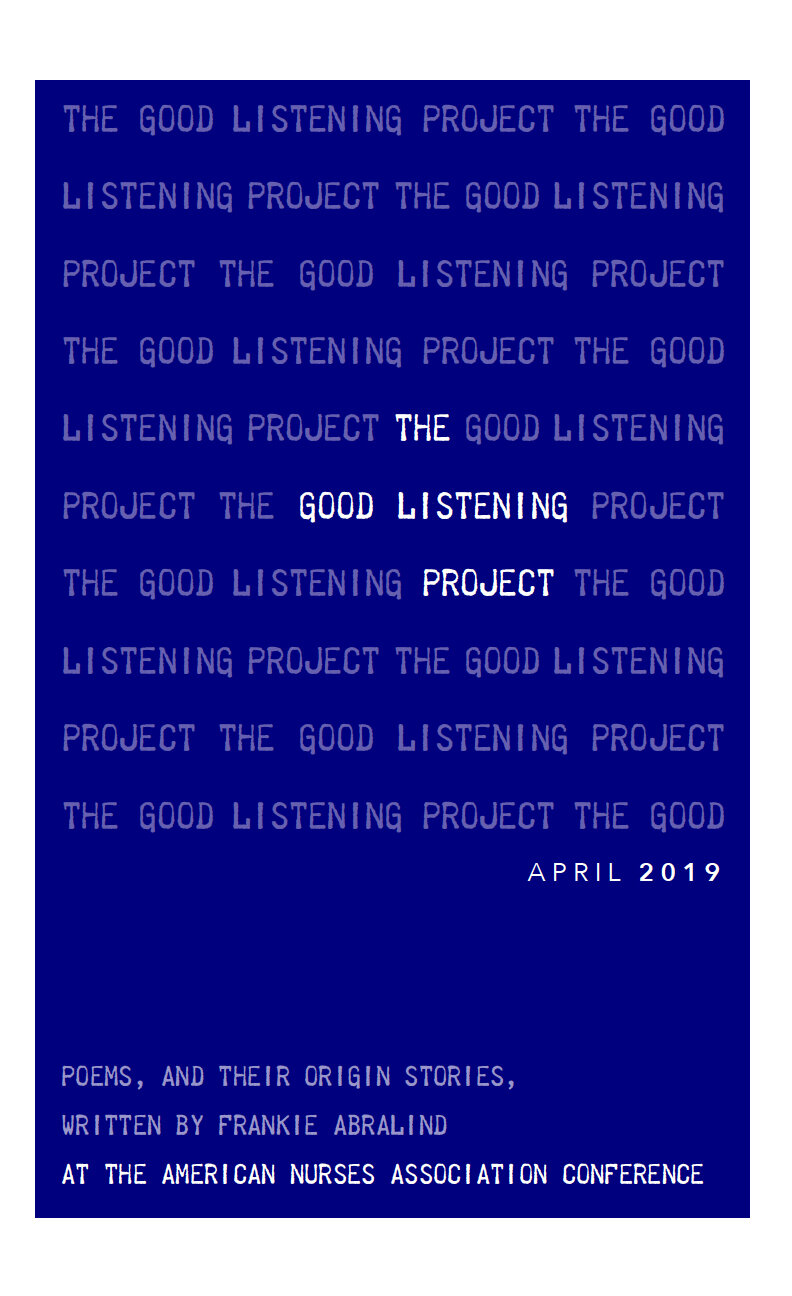“Hidden Figures” a poem by Yvette Perry
For Dr. Kimberly Gregory, Director of the Division of Maternal-Fetal Medicine, the story of Henrietta Lacks prompts both professional and personal reflections.
Professionally, Lacks’ story represents for her the need to critically examine our research infrastructure generally. “We need to pay more attention to the sustainability of research,” she explained. “Private companies benefit from publicly-funded research without a requirement to give back to ensure the viability of future research.”
Personally, Dr. Gregory sees in Lacks’ story the persistence and brilliance of Black people in America. Invoking a memorable scene from her favorite movie, Hidden Figures, Dr. Gregory reflects on her own father, who worked as an engineer, and countless other Black trailblazers—many whose stories are still untold. Through her mentoring work she aims to ensure that there are brilliant people who will come behind her.
Yvette Perry, Listener Poet
Listener Poet Session
January 2025
Hidden Figures
There is nothing concealed that will not be disclosed,
or hidden that will not be made known. ~Luke, 12:2-3
Our brilliance,
our resilience,
our pain and our joy
—all part of our stories
Histories we know about,
figures still hidden,
contributions misattributed:
We have been entrusted
to serve as story-tellers
Maybe the story is of a cadre of Black women
responding to Executive Order 8802 by
calculating the numbers that helped launch an
American man into the heavens
and set him safely back on Earth
Or the story of Henrietta Lacks—
a woman, a wife, a mother, a friend, a patient—
whose immortal cells have been made metaphor
illuminating our power to persevere
even when we’re supposed to perish
We tell the stories
We learn the lessons
We nurture those coming behind us
who’ll be the story-tellers after we’re gone
Brilliance, resilience, pain, joy
They may try to erase us,
but our truth will always prevail
Professionally, Lacks’ story represents for her the need to critically examine our research infrastructure generally. “We need to pay more attention to the sustainability of research,” she explained. “Private companies benefit from publicly-funded research without a requirement to give back to ensure the viability of future research.”
“The fact of my life is a miracle,” she told me. Living with multiple chronic illnesses, this patient spoke to me of her journey with alopecia. Of how, in witnessing her body transformed by the condition, she continues to move at once through grief and reclamation.
“I can’t see a future outside of our relationship,” she tells me, “but I also can’t see a future outside of residency.”
“I always believe, no matter what the doctor says, that I will be cured,” she says as her sister sits next to her.
“I wonder if these medical professionals, in caring for people who face such insurmountable odds, walk around all the time carrying this weight I’m hauling now.”
He had been trying to cope with the grief ever since and was on a quest for soul-searching and meaning-making.
She spoke about the ways this traumatic event shaped who she is today: a person with an “unshakeable peace” born of deep faith,
She wanted to help people feel comfortable and transform the shame around colon issues. "I want to talk about things that matter, the things people don't want to discuss.
When we met, she was coming off a stretch of nine 14-hour shifts. She was tired but in good spirits.
She reflected on how her resilience was born from moments of shared mirth amid life's trying chapters.
“Life is complex and dirty, but digging in is important to me,” she said. “Maybe if more of us understood history, we could understand each other better.”
We are expected to research, contribute to scholarship, earn grants – all on our own time.
We are expected to research, contribute to scholarship, earn grants – all on our own time.
Every day, I try to see through the patient lens, and I ask: what can we do to change this broken system?
She was very proud of her daughter and has hopes for “a bright future that’s as pain free as possible”
“I’m trying to focus on doing little things to make people feel better during everything that’s going on in the world,” she told me.
“It’s hard to see others struggle,” she said. “How can I help with their struggle without struggling myself?”
"I'd tell her it's OK to be loud...it's OK to challenge and to bring all of you into these spaces where no one looks like you..."
“I'm continuously questioning: did I do it right?" she said. "I’ve always done a good amount of second-guessing, but I’m re-learning how to show up differently.”
“It’s weird,” she said. “This is one of the biggest accomplishments of my life, but it doesn’t feel like it.”
"It changed me; It changed the way I look at life," said this woman about her profound experience during her pregnancy.
